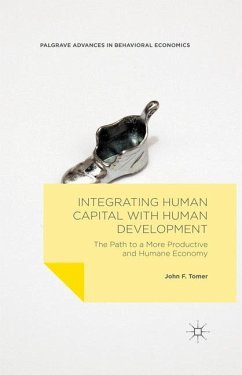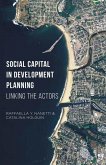For the most part, human capital theory emphasizes human cognitive development and the acquisition of knowledge and skills that enable enhanced productivity and earnings. In light of recent research findings, particularly concerning neurodevelopment and early childhood development, it is becoming apparent that this standard version of human capital theory has a far too limited conception of human capabilities and how they are created. Integrating Human Capital with Human Development considers recently accumulated knowledge related to the human brain's functioning and development to better understand the relationship between human capital and human development in successful economies. It shifts the focus of human capital theory to give full consideration to intangible, non-cognitive aspects of learning. This exciting new volume is an important addition to the study of human capital and behavioral economics more broadly.
"This book provides insights into how non-cognitive variables might feed into the productivity machine and also how they might impact broader dimensions of human development. ... this book provides some important insights on the causes of significant socio-economic problems. Tomer does this by articulating a modeling narrative which he refers to as a human development framework that incorporates human capital (cognitive skills) and non-cognitive skills and understandings." (Morris Altman, Journal of Bioeconomics, Vol. 19, 2017)








